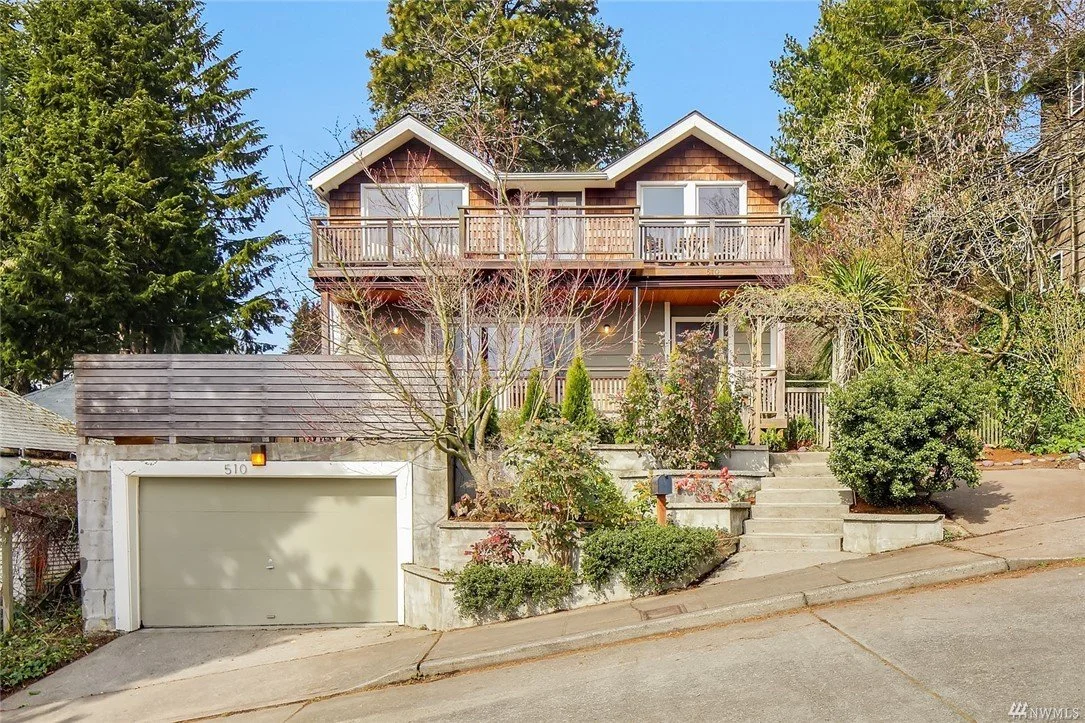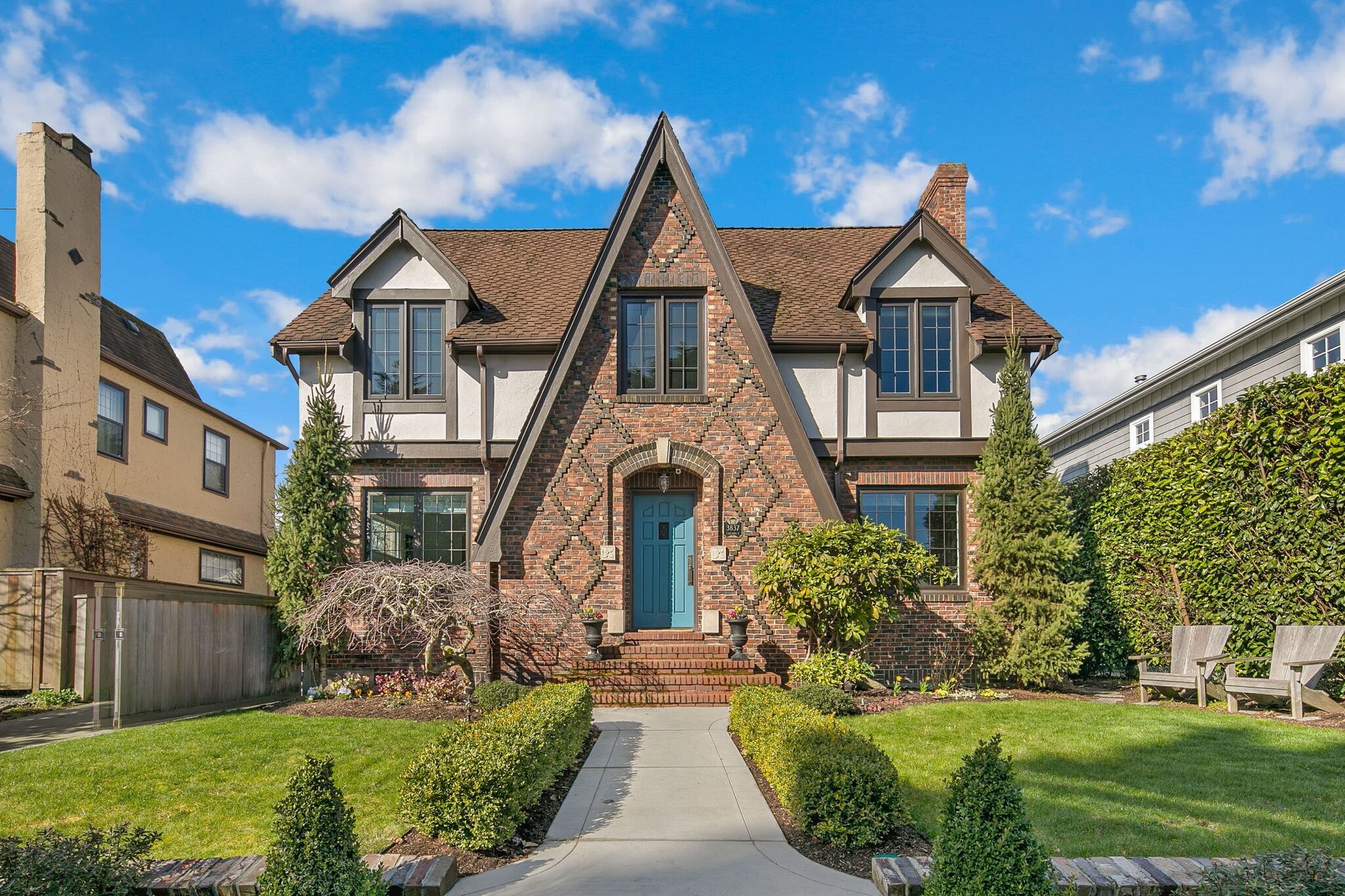Bracing for Winter in the Evergreen State: Essential Home Preparedness Tips for Washington Residents
As winter approaches, Washington State, with its beautiful landscapes and unique weather patterns, requires residents to take some necessary steps to ensure their homes remain safe, warm, and energy-efficient. With its infamous mix of rain and the occasional snow, particularly around Seattle and the surrounding cities, prepping your home can make your wintertime more comfortable and less stressful. Here's how to get started:
Insulate to Regulate
Windows and Doors: Drafty windows and doors can significantly increase your heating bills. Seal gaps with weather-stripping and consider using thermal or heavy curtains to keep the cold out and the warmth in.
Attic Insulation: Heat rises, and a lot can escape through the roof if your attic isn't adequately insulated. Ensure you have a thick layer of insulation to maintain a cozy home temperature.
Roof and Gutter Maintenance
Roof Check: Inspect your roof for damaged or missing shingles that might leak during winter storms. If you're not comfortable doing this yourself, consider hiring a professional.
Gutters and Downspouts: Clean out all debris from gutters and ensure downspouts are directed away from the foundation. This helps prevent icicles and ice dams from forming.
Furnace and Fireplace Safety
Furnace: Schedule a professional to inspect and service your furnace. Replacing the furnace filter will ensure it runs efficiently.
Fireplaces: Clean and inspect your fireplace and chimney. Ensure the damper is working correctly and stock up on firewood if you have a wood-burning fireplace.
Exterior Checks and Repairs
Driveway and Paths: Cracks in your driveway or walkway can become larger due to frost heave. Seal any cracks to prevent this.
Exterior Faucets: Drain and disconnect garden hoses from outdoor faucets. Turn off exterior faucets and ensure the water is drained to prevent pipes from freezing and bursting.
Winter Safety Measures
Safety Equipment: Test smoke and carbon monoxide detectors and replace batteries if needed. With increased use of heaters and fireplaces, these devices are crucial.
Emergency Kit: Prepare an emergency kit in case of power outages. Include flashlights, batteries, bottled water, non-perishable food, blankets, and a first-aid kit.
Landscape and Lawn Care
With Seattle's unique climate, your lawn still needs attention during winter. Aerate your lawn, plant winter grass seeds, and apply a fertilizer to ensure a lush green yard when spring arrives. Remove any dead plants and cover sensitive shrubs with burlap to protect them from frost.
Winter Home Decor and Comfort
Layered Textiles: Add thick blankets, throws, and area rugs. These not only provide warmth but also bring a cozy, inviting atmosphere to your space.
Warm Lighting: Consider switching to warmer lighting options. Floor lamps and table lamps with warmer bulbs can give your rooms a cozy, cabin-like feel.
Holiday Decor: Embrace the festive spirit! Add holiday decor like wreaths, string lights, and candles to create a cheerful winter ambiance.
Protect Against Pests
Colder weather can drive pests indoors. Seal any gaps in your home's exterior to prevent rodents and bugs from entering. Consider placing weather-stripping around doors and windows and use caulk to seal any gaps in siding and foundations.
Winterize Your Garage
Insulate your garage door, organize and store away summer tools, and ensure that winter equipment like snow blowers or shovels is accessible. Store a bag of salt or sand to ensure you're ready to tackle icy driveways or pathways.
Plan for Snow and Ice
While Seattle doesn't get heavy snowfall every year, it's essential to be prepared. Invest in a good snow shovel and stock up on de-icer. If you live in one of the surrounding cities where snow is more prevalent, consider investing in snow tires or chains for your vehicle.
Wrapping Up
Washington's winter, especially in Seattle and its neighboring cities, offers a mix of serene snowy days and rainy afternoons. By preparing your home in advance, you can ensure a cozy, warm, and safe environment for you and your loved ones. Remember, the steps you take now can prevent potential problems in the colder months, allowing you to enjoy the winter season to the fullest.
If you're considering purchasing or selling a home in this season, understanding the nuances of Washington's winter can be vital. Reach out to us, your trusted real estate advisors, to guide you through every step of your real estate journey amidst the unique challenges and beauty of winter in the Evergreen State.
















































































